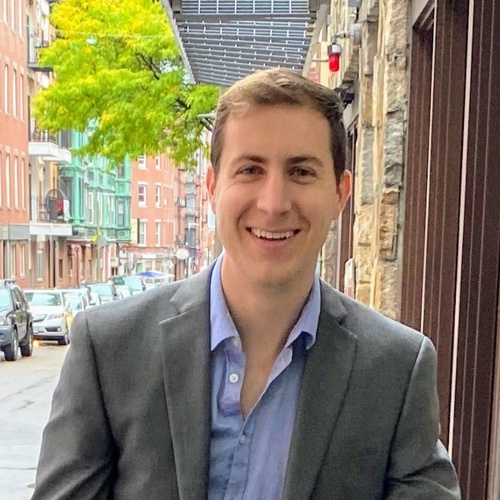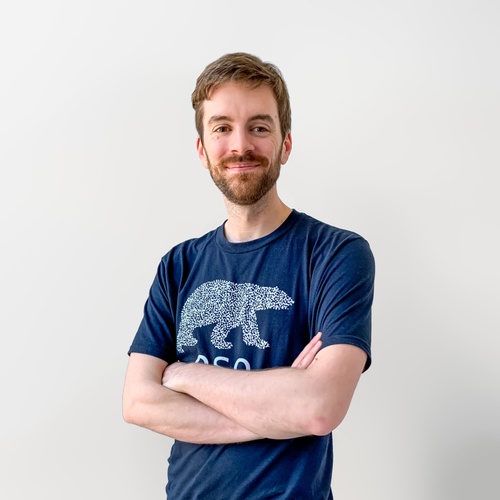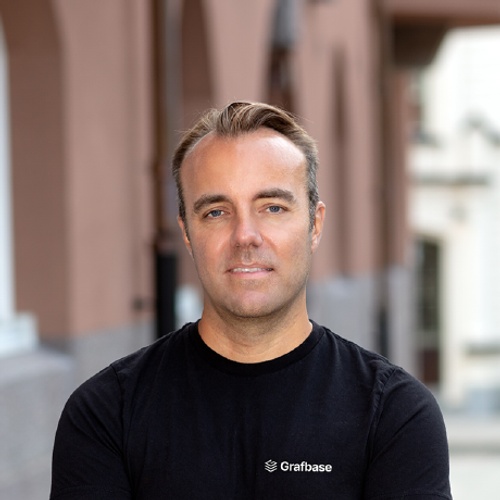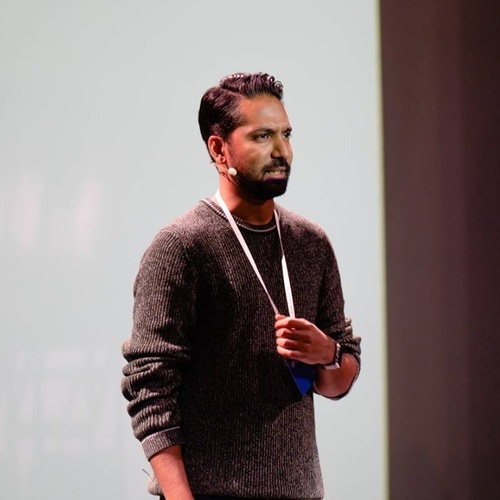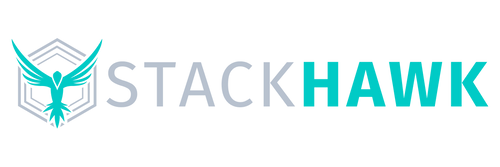



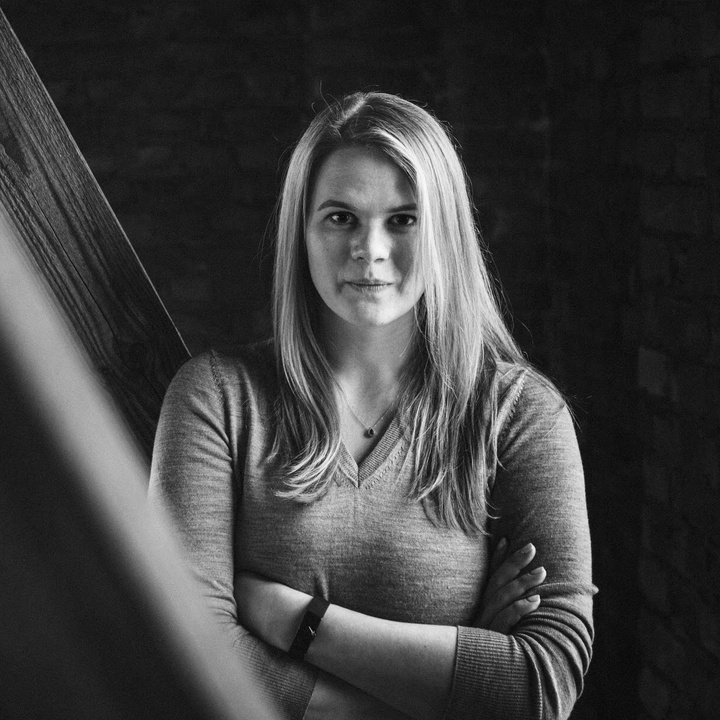

December 8-9
7am PST / 10am EST / 4pm CET
THE BIGGEST GRAPHQL CONFERENCE IN THE CLOUD
-
3rd edition
of exploring new GraphQL horizons -
22+Speakers
sharing latest insights -
5K+GQL DEVS
inventing the future
GRAPHQL EXPERTS.
HANDS-ON LEARNING.
THE FUTURE OF APIS.
Want to know the future of the GraphQL ecosystem and get in touch with its stellar pros? Attend a conference on all things GQL, gathering thousands of international software engineers in the cloud.
Besides the main GraphQL conference talks delivered by well-known pros, be prepared for awesome MCs and a number of virtual networking activities, interactive entertainment, and engaging challenges for all participants.
This year you can expect:
-
Server Implementation
-
GraphQL Clients
-
Scaling
-
Testing
-
Performance
-
Authorization
Want to know the rest? Follow us
Features
TOP GRAPHQL SPEAKERS
High-quality talks from field experts followed by video Q&As

VIRTUAL NETWORKING
Join live chat rooms, make new friends, meet future coworkers





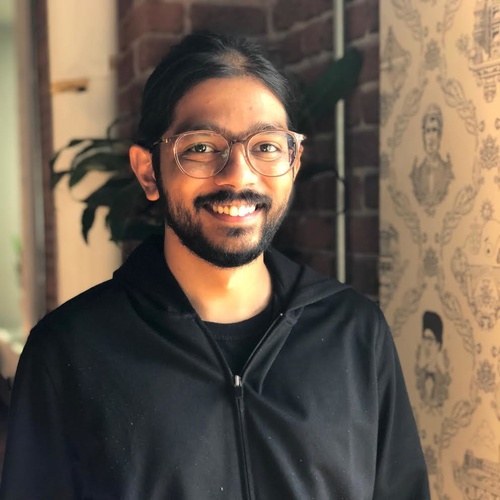




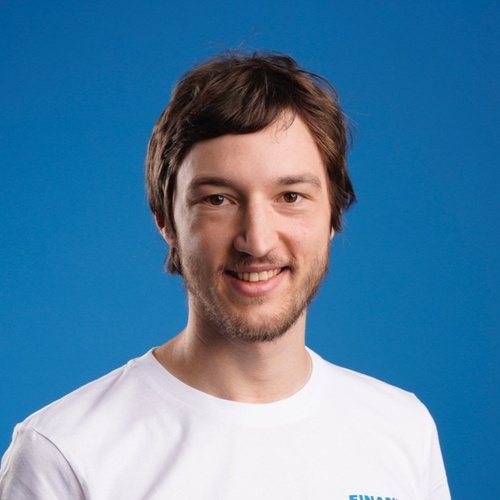

REMOTE, SAFE, YET FUN
Socialize at remote afterparties and gaming tournaments

Speakers & Instructors
Lee is the co-creator of GraphQL and Executive Director of the GraphQL Foundation. He leads Product Engineering at Watershed and previously worked at Robinhood & Facebook. Lee has had a hand in open source libraries used by millions of developers worldwide including GraphQL, React, Immutable.js, Flow, Relay, Dataloader, and more.
Tanmai Gopal is the CEO, co-founder of Hasura. He is a StackOverflow powered fullstack developer whose areas of interest and work span React, GraphQL, Nodejs, Haskell, Docker, Postgres & Kubernetes. He is passionate about making it easy to build complex things and is the instructor of India's largest MOOC imad.tech with over 250,000 students.
Self-taught since 13 yo, I am passionate about web development, more recently, especially about the JavaScript and GraphQL ecosystems. Strong of more than 9 years of professional experience in companies such as Dashlane, including more than 3 years in a Technical leadership position at Algolia, and early-stage companies; I also talked at many international conferences, including the well-known React Europe 2019 conference and wrote many reference articles on TypeScript, React, and GraphQL relayed by recognized international newsletters such as GraphQL Weekly and TypeScript Weekly. After working as a freelance providing coaching, training, and consulting services, I joined The Guild to work full-time on the GraphQL ecosystem.
Laurin Quast is a developer that started exploring GraphQL, by leading the private and later public API development at a start-up. Realizing that there are still many unsolved problems and challenges within the space, he started contributing to famous JavaScript libraries, such as GraphQL Code Generator and GraphQL Tools. Diving deeper and deeper, the transition into becoming a full-time open-source developer at The Guild was inevitable.
Ankita has over 10 years of Software development experience that started with helping small businesses develop apps. Currently she is taking a break and enjoying exploring more entrepreneurial opportunities. Previously, she is a Senior Engineering Manager at WealthSimple, leading teams and helping define the future of FinTech in Canada. She also worked as a Tech Lead, Solution Architect, and Lead developer at companies such as Loblaw Digital, Rangle.io, and IBM Canada. Ankita has architected and scaled many web and mobile apps for clients using React, GraphQL, React Native and Next.js. She loves public speaking and has spoken at several conferences worldwide, allowing her to pursue her passion for travel. Ankita is also an instructor on Udemy and ZeroToMastery and loves sharing content online.
Kevin is currently leading the GraphQL engineering team at Solo.io. Formerly a big data infra admin at HubSpot, Kevin is passionate about the infrastructure space and giving to the community, with contributions to many open source projects such as Envoy, Flagger, and Gloo. Kevin enjoys working with customers and community users on real problems facing them today, and is excited to help bring organizations to Envoy, Istio, and a more modern, cloud-native, tech stack.
Lucas is a Solutions Architect at Apollo Graph, working with companies on GraphQL implementations at scale. Prior to his time at Apollo Graph he worked at Twitch, helping game developers bring new experiences to the site. When not working, he spends his time gaming and exploring NYC.
Thomas is a software engineer in the GraphQL team at Neo4j where he usually works with Javascript, Typescript, Cypher, and of course GraphQL. Prior to joining the GraphQL team, Thomas was part of the team who builds Neo4j’s graph visualization product, Bloom. Whenever he closes the laptop for the day he makes sure to get out in nature, do all kinds of sports and read a good book.
Scott Gerlach is Co-founder and Chief Security Officer at StackHawk, a Denver-based startup focused on empowering engineers to easily identify and remediate security bugs. Scott brings over two decades of security and engineering experience to his current role, having served as CSO, CISO, and in other executive leadership functions at companies like SendGrid, Twilio, and GoDaddy. When he's not at work, you'll find Scott spending time with family, brewing beer, and playing guitar.
Ryan is a full stack developer and loves all things React, Node, and GraphQL. He's also a big fan of web security, a topic he has written about extensively and taught thousands of developers on. Ryan is also the founder of CourseLift, a course hosting platform that helps authors earn more from their online courses. He blogs at ryanchenkie.com.
I'm Sabin Adams, and I've been working in web development for about ten years now. I love solving problems and making tools that make developers' lives easier, and currently, I work as a developer advocate for Prisma. Teaching, speaking, and writing about web development is my passion!
Our MCs

Uri Goldshtein is the founder of The Guild, the largest open source group in the GraphQL ecosystem. They support large companies to go through successful technological transformations.
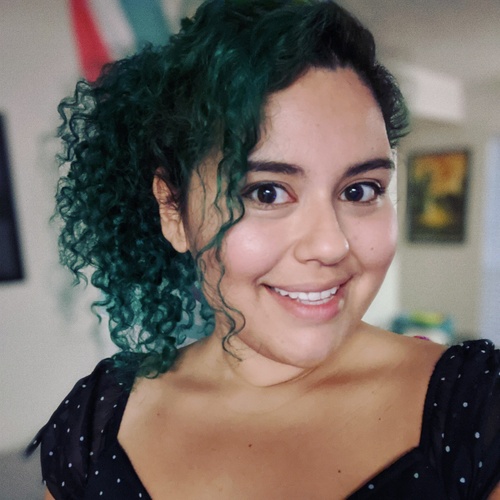
Cecelia Martinez is dedicated to building developer communities that are inclusive, constructive, and make software development a better experience for all. Her role as Developer Advocate for Appflow involves coding, writing, speaking, teaching, and most importantly listening. She is a lead volunteer with Women Who Code Frontend, chapter head of Out in Tech Atlanta, a mentor, and part of the GitHub Stars program.

Alexander has been programming for 20 years of which 10 using PHP and the Drupal CMS. At Open Social he is the Lead Front-End Engineer and drives the development of the GraphQL API and a new decoupled front-end. As the first decoupled project at Open Social he has built and established a Real-Time Chat.
He's passionate about self development and studies business administration next to his work to further sharpen his business and leadership skills. In his free time he enjoys hanging out in poker communities on Twitch and Discord.
Schedule
In this talk, we'll look at some of the modern options for building a full stack React and GraphQL app with strong conventions and how this can be of enormous benefit to you and your team. We'll focus specifically on RedwoodJS, a full stack React framework that is often called 'Ruby on Rails for React'.
In this talk, we will cover schema evolution best practices, common mistakes when extending an existing GraphQL schema and patterns for safely monitoring usage, and finally removing deprecated GraphQL fields over time. The state-of-art GraphQL schema does not need versioning as it only ever returns data that is explicitly requested by a client. In theory, new capabilities and types added to the GraphQL schema are only available as the client updates their operation selection sets. However, in reality, altering and extending a GraphQL schema could easily break existing clients depending on how the change has been implemented, especially when using enum, interface, and union types.
@defer has been long discussed within the GraphQL working group, and while not part of the specification yet, it’s an exciting new addition that may help with your application’s user experience and mask performance problems.
Building with GraphQL for the first time can be anywhere between daunting and easy-peasy. Understanding which features to look for in your client-side and server-side tooling and getting into the right habits (and ridding yourself of old habits) is the key to succeed with a team of any size in GraphQL.
This talk gives an overview of common struggles I've seen numerous teams have when building with GraphQL, how they got around common sources of frustration, and the mindset they eventually adopted, and lessons learned, so you can confidently stick with and adopt GraphQL!
Different approaches are being explored for building an operational data lake with an easy data access API, as well as a federated data access API, and GraphQL opens up opportunities for enabling these architectures by laying the foundation for a data mesh.
Uri Goldshtein - Moderator
Panelists:
Benjie
Danielle Man
Tim Suchanek
Fredrik Bjork
With StackHawk, engineering teams can run security tests against GraphQL APIs to find and fix vulnerabilities before they hit production. With automated testing on every PR, you can be confident that your app is secure. Join StackHawk co-founder and Chief Security Officer Scott Gerlach for a quick overview of GraphQL security testing with StackHawk.
Grafbase is a data platform for developers that lets you build and deploy GraphQL backends with a top-notch developer experience.
In a world run by data, we as developers have turned to schemas to help describe and organize that data. But what happens when you have a ton of schemas to keep track of? In this talk you will learn the role of all the different schemas in a GraphQL API.
Reacting on data changes and publishing those changes as GraphQL events with subscriptions can be hard, especially in a multi-service environment with multiple databases or when scaling your GraphQL server with multiple instances. GraphQL clients shouldn't miss events or receive them twice, no matter how your backend architecture looks like or what trouble (service goes down, database connection lost, ...) they might have when serving a subscription request.
In this talk, I will show you, how Debezium and Apache Kafka can help you building reliable subscriptions from changes in your database. Debezium is a change data capture (CDC) tool that can forward changes from a database' transaction log in to the Kafka message broker.
In my talk I will use a GraphQL backend implement in Java with "Spring for GraphQL", but as Debezium and Kafka are not tied to java the idea is usable also with other GraphQL frameworks and programming languages. You do not need to have knowledge of Java or Spring for GraphQL" to understand the talk.
Though GraphQL is declarative, resolvers operate field-by-field, layer-by-layer, often resulting in unnecessary work for your business logic even when using techniques such as DataLoader. In this talk, Benjie will introduce his vision for a new general-purpose GraphQL execution strategy whose holistic approach could lead to significant efficiency and scalability gains for all GraphQL APIs.
Requirements change, but API contracts are forever - I wish! A breaking change is something that is not backwards compatible. This means that a consumer of your API would not be able to use the new version without making a code change themselves. We avoid breaking changes if possible, but there are cases when they are inevitable. It could be something small: like making a mandatory field optional. Or it could be something big: like removing a query or a mutation. In this talk we'll review the types of breaking changes you may encounter and how to deal with them gracefully.
We shipped the next major version of GraphiQL earlier this year! We completely rethought the experience with a particular focus on customizability. Not all users and every API have the same needs for a GraphQL IDE, so one of our big goals was to allow GraphiQL to work for a large variety of use-cases. Let's dive deep into the changes of how we took the customizability to the next level and explore together how you can make GraphiQL your own.
There's an old guard of developers that try to convince you that GraphQL only belongs on the front-end. Join the resistance and see the true power of GraphQL as the ubiquitous and agnostic tool that it is for data normalization. From event-driven, serverless patterns, to low-code platforms, we'll talk about the why and how of freeing data access with GraphQL.
GraphQL Code Generator v3 brings the easiest and most lightweight way to get typed GraphQL in your front-ends by only generating types. In this talk, we will see that generating GraphQL types has never been so easy!
Join Thomas from the GraphQL Team at Neo4j as he talks about one of the newest features of the Neo4j GraphQL Library: GraphQL Subscriptions. Using this new feature, GraphQL API consumers can listen to data changes in real-time, which happen in Neo4j via the GraphQL Library. Following a high-level overview of the Neo4j GraphQL Library, he will demonstrate the new Subscriptions feature.
GraphQL servers are critical components of your infrastructure and must be highly-available, reliable, and fault-tolerant. This talk demonstrates how to leverage Solo.io’s GraphQL Envoy proxy filter to deploy bullet-proof GraphQL endpoints that are reliable, secure, and developer-friendly. All without writing any code!
In this talk, I will cover why your switch to GQL and Apollo Client 3 should make you walk away from Redux. I will also talk about my journey from Redux -> Apollo Client and use a few project examples for why it makes sense holistically and the challenges I experienced during that transition. Toward the end of this talk, you will be confident about the pros and cons of each approach.
As it says in the GraphQL documentation: "Delegate authorization logic to the business logic layer". Is that really everything you need to know?
This advice is coming from a good place, but it relies on you knowing how you would go about doing authorization in the first place — and this isn't a widely solved problem! On top of that, many of the approaches used in traditional applications don't quite carry over.
In this talk, you'll get a crash course in authorization and how to implement it for GraphQL APIs."
Program Committee
Taz is the Founder of Guild and long time participant in communities across the globe. He has over two decades of software experience ranging from video games & robotic AI to consumer application development, has served as a principal technical management consultant, and is a serial startup founder. When he's not behind his computer, he can be found chasing his cat around the house or being chased by cars around a race track.
GITNATION MULTIPASS
Korben
Dallas
Full Ticket with Multipass
17/month
Remote participation on Dec 8 & 9
All features of Remote Full Ticket
Access to exclusive collection of hands-of workshop recordings from prev events
Full remote access to React Day Berlin, React Summit, JSNation, TypeScript Congress and 8+ more JS conferences
Full Ticket with Hybrid Multipass
900
Remote participation on Dec 8 & 9
All features of Remote Full Ticket
Access to exclusive collection of hands-of workshop recordings from prev events
Full hybrid access to React Summit 2023, React Advanced 2022, JSNation 2023, Vue.js Live 2023
Full remote access to TestJS Summit, Node Congress, GraphQL Galaxy, JS GameDev Summit, TypeScript Congress in 2022/23 season
Full-access attendee perks
Free 3-hour workshops

2x more content

Enjoy Full HD streaming quality

Get talk recordings right after the conference
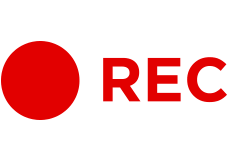
HANDS-ON WORKSHOPS WITH FIELD EXPERTS
Server-side Authentication, Security, Full Stack Serverless, GraphQL Mesh, Automated Security Testing, etc.

VIDEO CHAT ROOMS WITH SPEAKERS
Join video rooms with top GraphQL developers
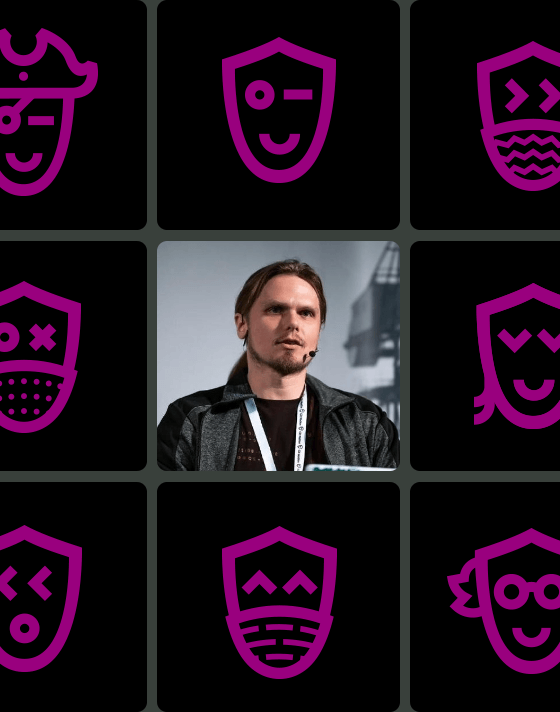
SPEAKERS’ ROOMS
Enjoy more space for your conversation with speakers

Discussions
Take part in video discussions focusing on specific GraphQL technologies. Hang out with people who are on the same page.
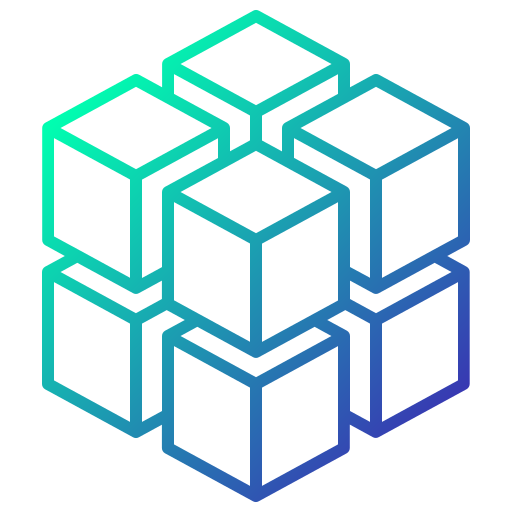
Federation

Lucas Leadbetter

Nils Hartmann

Jesse Martin
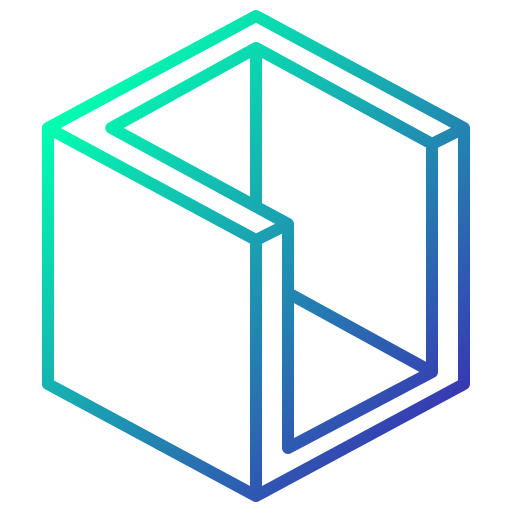
Security

Thomas Heyenbrock

Alexander Varwijk
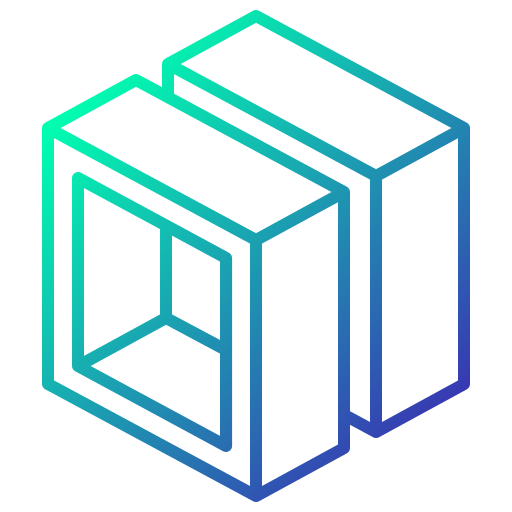
Specification Updates

Benjie

Lucas Leadbetter

Kadi Kraman
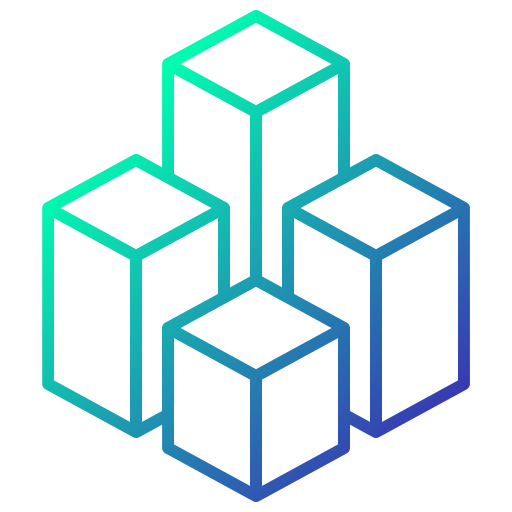
GraphQL Clients

Alexander Varwijk

Jamie Barton
Follow us for updates
Subscribe to our conference newsletter and get the latest updates and special deals.
Giving back to community!
We try our best to make all our events accessible and inclusive for a diverse audience. Get in touch with us if you wish to support this initiative, and help us provide Diversity Scholarships for the underrepresented groups in tech.

